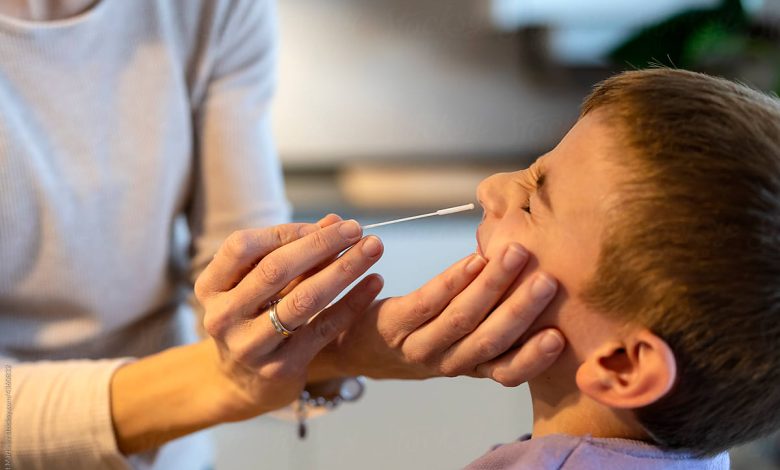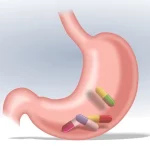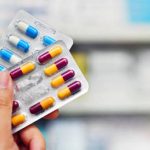Bacterial Testing May Cut Unnecessary Child Sinusitis Antibiotics – Study

According to a recent study, testing children with suspected sinus infections for three common bacteria could potentially reduce the unnecessary prescribing of antibiotics. The research highlights that only about half of children with sinusitis, which is the inflammation or swelling of the sinuses, experience any improvement with antibiotics, as these drugs target bacterial infections rather than viral ones.
Lead researcher Dr. Nader Shaikh, a professor of pediatrics and clinical and translational science at the University of Pittsburgh School of Medicine, emphasized that a similar approach to testing for strep bacteria in children with sore throats could be applied to sinusitis cases. The researchers proposed swabbing the nose and testing for bacteria associated with sinusitis; if these bacteria are not present, the likelihood of antibiotic treatment being beneficial decreases significantly.
Sinus infections are relatively common in children, but there is currently no foolproof way to predict which kids will truly benefit from antibiotics, leading to the potential unnecessary prescription of these medications. The symptoms of sinusitis, such as congestion, runny nose, discomfort, and difficulty breathing, often resolve without any treatment.
Dr. Shaikh pointed out that reducing unnecessary antibiotic use is crucial due to the serious public health issue of antibiotic resistance. Moreover, these drugs can have side effects like diarrhea, and the long-term effects on the microbiome are not yet fully understood, potentially causing more harm than good if a child’s symptoms are not caused by a bacterial infection.
The study enrolled 515 children with sinusitis, randomly assigning them to receive either antibiotics or a placebo. The researchers also conducted nasal swabs and tested for the three main types of bacteria associated with sinus infections. They found that children who tested positive for bacteria showed better outcomes with antibiotics compared to those who did not have detectable bacteria. This finding suggests that testing for bacteria could be a simple yet effective method to identify which children will truly benefit from antibiotic treatment and to avoid prescribing these drugs to those who won’t.
Traditionally, doctors often associate yellow or green nasal discharge with bacterial infections, but this study revealed that the color of nasal discharge is not a reliable indicator of the type of infection and should not be solely relied upon to make decisions about antibiotic use.
The researchers hope for the development of a rapid test to quickly identify sinus bacteria using nasal swabs. Implementing bacterial testing into patient care for children with sinusitis symptoms could lead to improved diagnoses and reduced antibiotic use, according to Dr. Shaikh. The study’s findings were published in the Journal of the American Medical Association on July 25.
However, not all experts believe such a test is practical or necessary. Dr. Aaron Milstone, a professor of pediatrics at Johns Hopkins University and co-author of an accompanying editorial in the journal, expressed skepticism about the widespread availability and cost-effectiveness of such tests. He cautioned that not all bacteria in the nose indicate serious infection and that a rapid test could lead to unnecessary antibiotic use.
Dr. Milstone stressed that in most cases, sinusitis typically resolves on its own, and the benefits of antibiotics, even when they do work, are modest. Therefore, parents should understand that patience and time are often necessary for a child to recover from sinusitis, and the potential side effects of antibiotics may outweigh the condition’s discomfort.
This new study sheds light on the importance of judiciously prescribing antibiotics to children with sinus infections and highlights the potential benefits of implementing bacterial testing to guide treatment decisions. However, experts caution that more research and consideration are needed before widely adopting such a testing approach.





